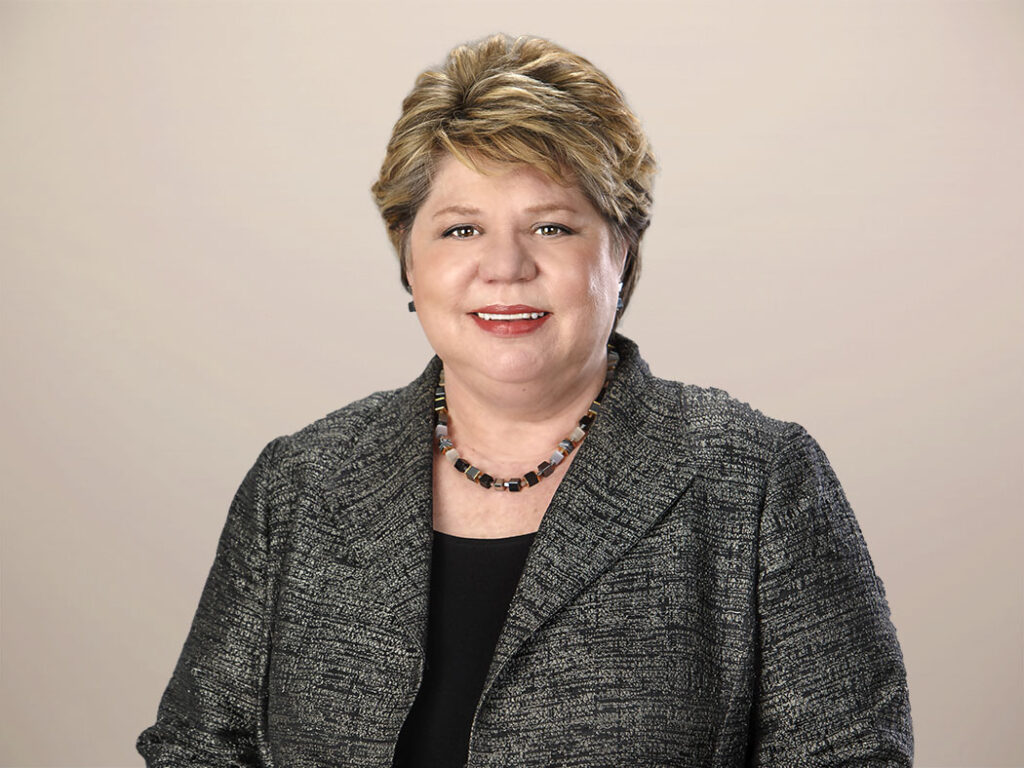Predictions 2022: B2B Marketing Leaders Will Leverage Disruption To Structure A Redefined Role
Last year, we saw how the pandemic dramatically accelerated the digital destinies of business marketers. Now, an array of accelerated B2B marketing trends is expanding the organizational remit and laying down new mandates for marketers. Evolving buyers and technology, coupled with changing values and expectations, have led corporations to aim for a higher purpose in a changed market landscape. Our B2B team got together to predict how marketing leaders in 2022 will transform their organizations from the legacy of brand stewardship, lead generation, and sales support to become the architect of organizational success.
Each of our predictions is specific, vetted with multiple analysts, and founded in data so that it can be measured and we can be accountable. That level of additional detail is available in our full report, but here are the highlights:
- Fragmented revenue marketing teams will consolidate in 20% of B2B firms. A dismal end-to-end conversion ratio, an underserved customer lifecycle, and a confluence of demand and account-based tactics and techniques are conspiring to drive a redesign of the need-to-revenue process. In 2022, an emerging cadre of growth marketers will drive how success is defined, pursued, and measured.
- For the first time, CMOs will stake claim on partner experience (PX). B2B partner ecosystems are changing, as the number of nontransactional partners dramatically increases in volume over traditional reseller and dealer partners. We predict that in 2022, half of B2B marketers will start to look at partner ecosystems as creators of value, not just as channels to markets, and will establish a PX function.
- Three-quarters of personalized engagement strategies will not meet ROI goals. Persistent digital engagement will become the norm, with 70% of marketers adopting an always-on digital engagement strategy in 2022. B2B marketers will turn to more complex tech stacks that employ autonomous or automated solutions as part of their digital strategy, but 75% of efforts to create automated, personalized engagement will not meet ROI goals because of inadequate buyer insight.
- Marketing-sourced metrics will spiral downward toward irrelevance. The significant decline in the appearance of marketing-sourced metrics on the CMO dashboard since 2015 demonstrates that sourcing metrics are misaligned with the way B2B marketing organizations are expected to create value and remain disconnected from marketing’s role in driving business outcomes. Vanguard B2B marketers will embrace a new vision of lift-based performance indicators to better express marketing’s impact on the revenue engine.
- “The great resignation” will give rise to the fractional marketing practitioner. The employee upheavals from the COVID-19 pandemic will drive the successful fractional executive model downstream to independent fractional practitioners in digital, creative, and marketing execution roles. CMOs need to rethink their organizational strategies, which are too often geared toward operational efficiency and effective governance. Instead, CMOs must build a cadre of strategic executives capable of orchestrating critical changes and initiatives across the enterprise.
If you are a client, attend our B2B Marketing Predictions 2022 webinar on November 30 to dive deeper into our 2022 predictions. The webinar is your chance to engage directly with the analysts who made the prediction, so please come with questions. You can also continue the conversation with me on LinkedIn or Twitter.
